I am studying for an Intro to C test that requires me to write functions that involve structs. The question only asks me to write the function, but I want to write an entire code that runs so I can put in numbers and see if my code is running properly. I think I wrote the function properly, I just don't know how to code numbers in and have it print out the numbers.
This is the question.
Here is what I've written for the above question.
struct complex_numb Add_Complex(struct complex_numb C1, struct complex_numb C2){
struct complex_numb C3;
C3.real = C1.real + C2.real;
C3.imaginary = C1.imaginary + C2.imaginary;
return (C3);
};
We aren't using typedef yet.
I thought it would be something like this, but it isnt working.
#include <stdio.h>
struct complex_numb Add_Complex(struct complex_numb C1, struct complex_numb C2);
int main(){
struct complex_numb{
float real;
float imaginary;
};
Add_Complex(1,2,3,4);
printf("%f %f", C3.real, C3.imaginary);
}
struct complex_numb Add_Complex(struct complex_numb C1, struct complex_numb C2){
struct complex_numb C3;
C3.real = C1.real + C2.real;
C3.imaginary = C1.imaginary + C2.imaginary;
return (C3);
};
